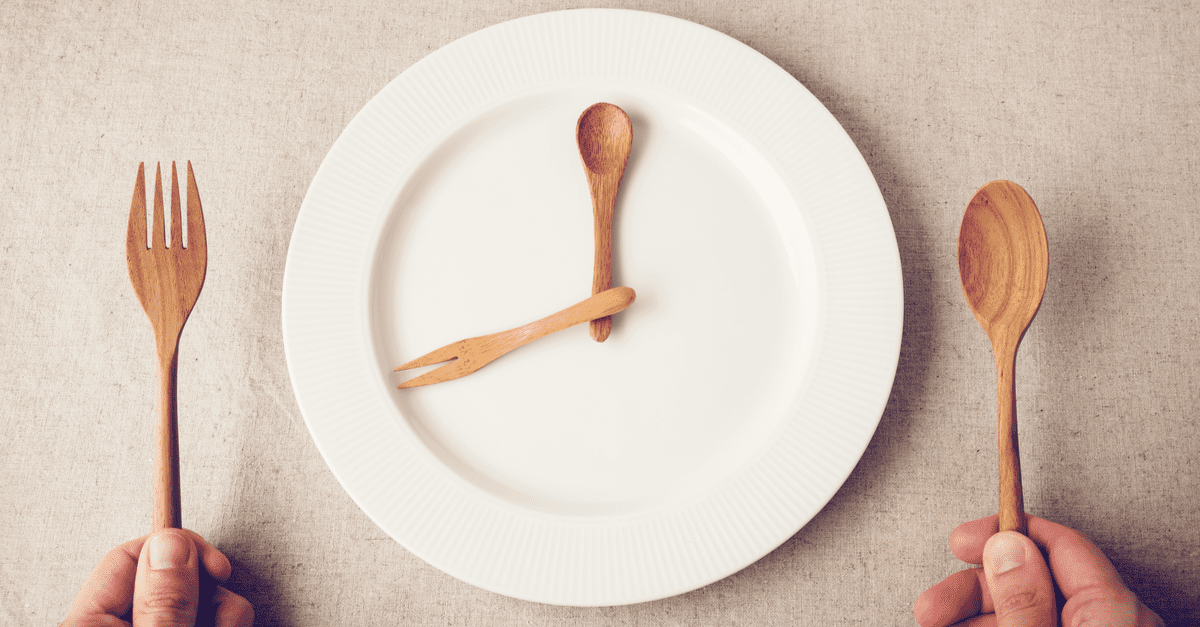Welcome back to Noom’s sleep series! Over the past few weeks, we’ve explored some helpful practices for improving your sleep. First, there was calculating your sleep opportunity, to help ensure you’re setting yourself up to get the amount of sleep you need. Then, we offered tips to help you fall asleep faster. Now, in the second-to-last installment of our sleep series, we’ll dive into exactly why, scientifically speaking, these practices are so important to consider in your weight loss journey.
TL;DR: Losing sleep can make weight loss harder.
You can think of sleep as nutrition for your brain—sleep is fuel to make sure your brain can function at its best. Science shows that when you don’t get enough of it, it can stand between you and your weight loss goals.
One way lack of sleep impacts your brain is by impairing your judgment. Getting insufficient sleep stunts the activity in your brain’s frontal lobe, which is the part of your brain that you use to make decisions. A study published in the journal Chest showed that when people don’t get enough sleep, they eat larger portions of whatever they’re eating. An average of 559 calories more per day, in fact. Under more rested circumstances, their brain’s decision centers would be more likely to kick in and help them eat moderate portions. The effects on your judgment are so significant that you might think of losing sleep as akin to drinking too much alcohol.
While sleep deprivation dulls the activity of your brain’s decision center, it does the opposite to your brain’s reward center—making it hyperactive. And there are implications: you’ll crave more immediately satisfying foods (think: crunchy chips or sweet cookies). And as we’ve just learned, in your fatigued state, it may be particularly challenging to hold off. In a study published in the journal Sleep, people who were sleep-deprived (with 4.5 hours of sleep or less) chose snacks that had twice the amount of fat, compared with people who were operating on at least eight hours of sleep. (This resulted in considerably more calories consumed on average: 623 versus 377.)
Much of the scientific literature shows strong associations between sleep deprivation and higher body mass index (BMI), weight gain, and chronic conditions like diabetes. While sleep deprivation doesn’t cause any one of these outcomes, from a physiological perspective, missing out on sleep can have a number of negative consequences on your body that can impact your body weight and metabolism. Specifically, studies show that sleep deprivation can decrease glucose metabolism (your body’s ability to break down and use carbs) and decrease your overall energy expenditure (the number of calories you burn in a day). Long-term, these effects of not getting enough sleep could impact your ability to reach your weight loss goals.
At Noom, we know that the weight-loss equation is a complex and highly individual one. That’s why our Noom Weight program is designed to help you learn about your own unique needs are—in the realm of nutrition, physical activity, sleep, stress, and more. That way, you’re empowered to achieve sustained weight loss and good health.
Next week, we’ll put everything together and explore what you can do to develop healthier sleeping habits. In the meantime, check out articles one and two of this sleep series: calculating your sleep opportunity and the best practices for falling asleep faster.





